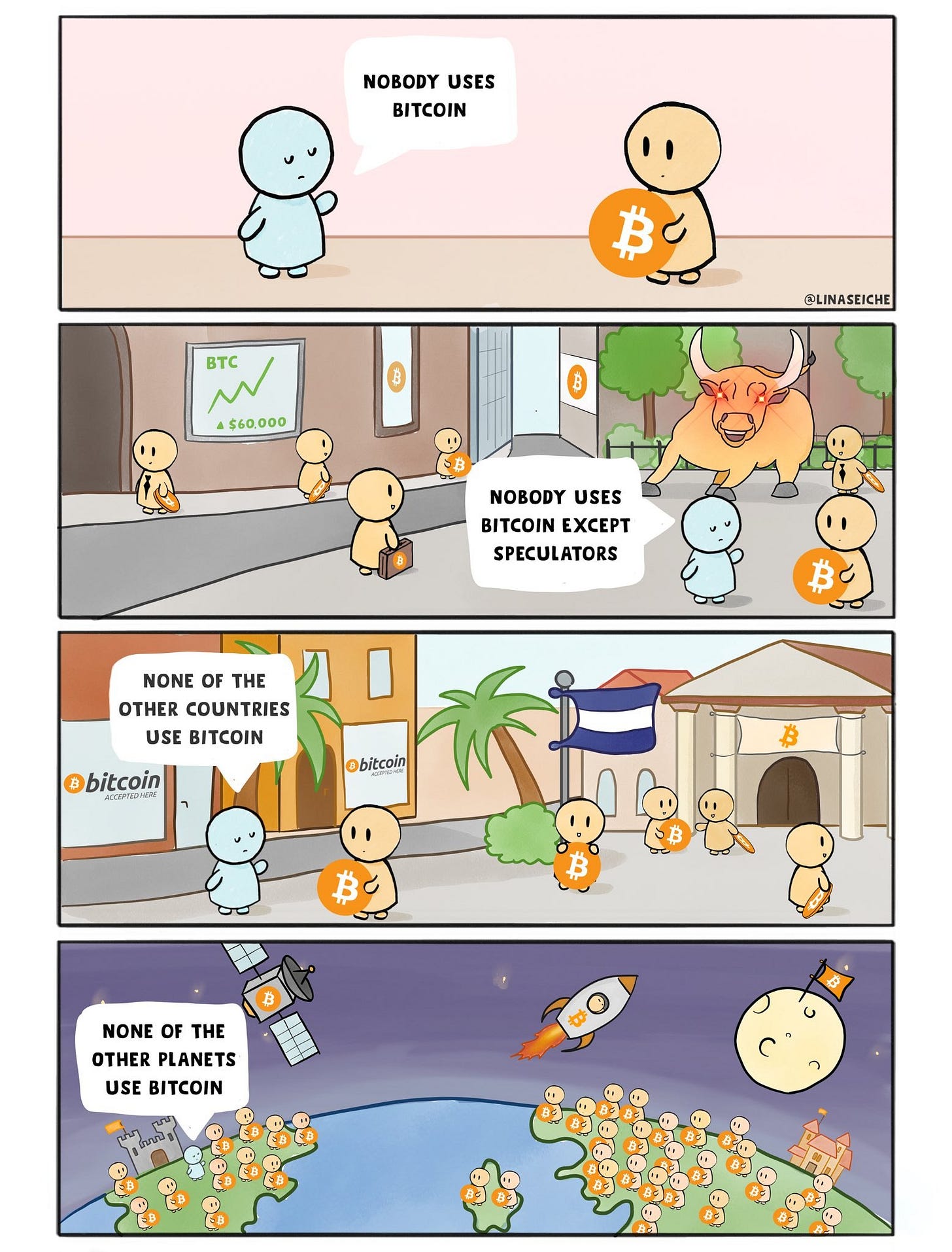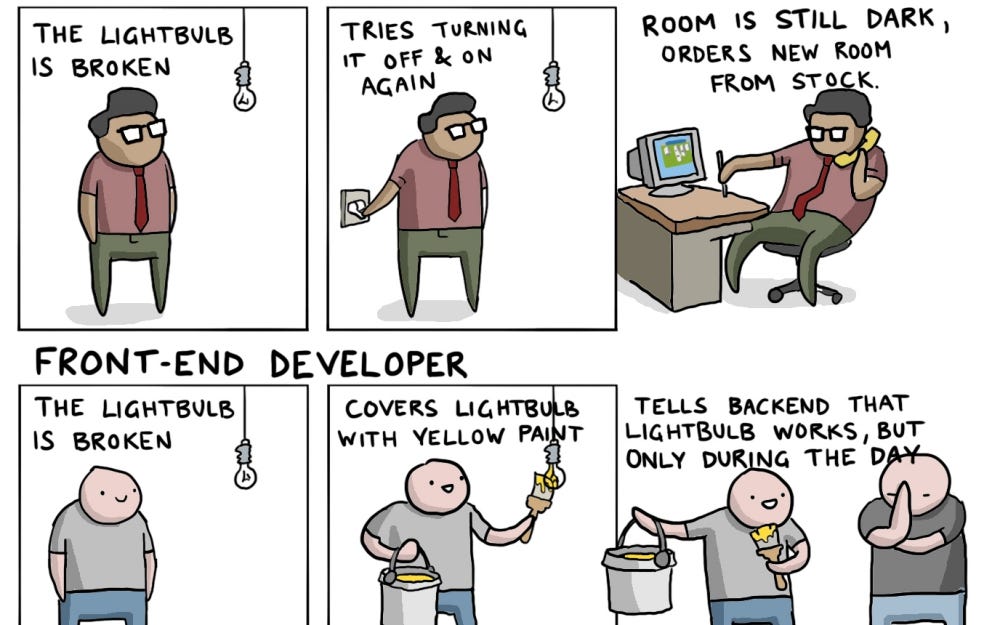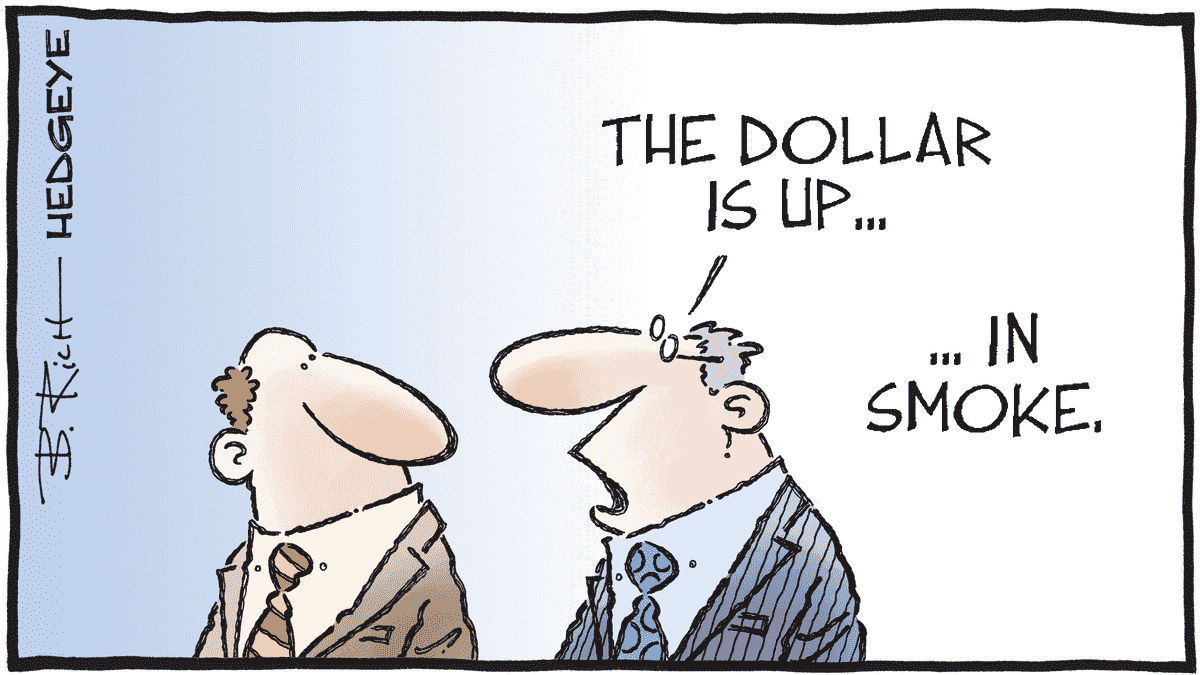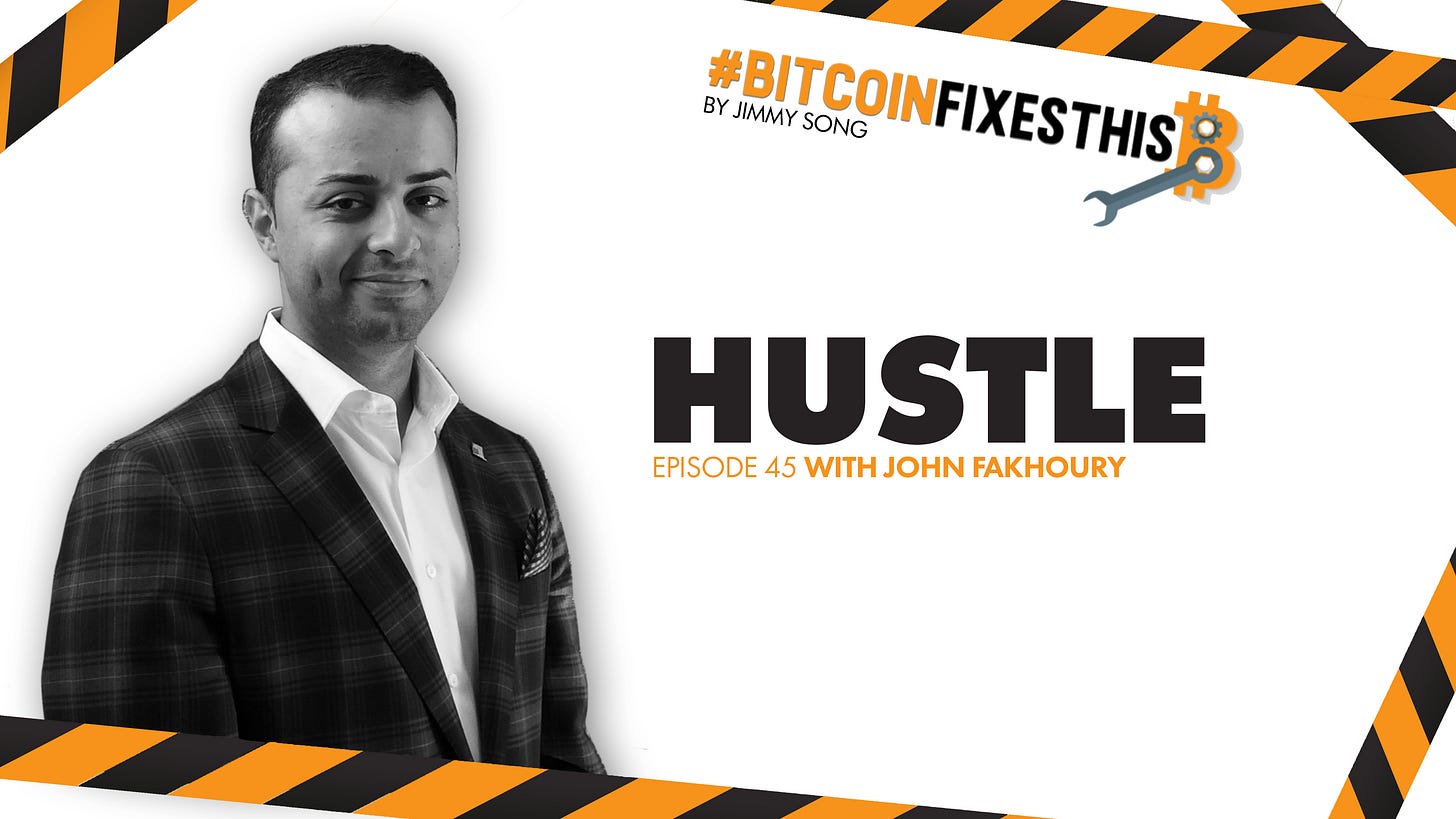Proof, not Endorsements. Bitcoin Tech Talk #243
Bitcoin 2021 has shown that there are a lot of celebrities in Bitcoin. Such well-known luminaries as Ron Paul, Floyd Mayweather, Tony Hawk and Kevin O’Leary spoke at the conference. That’s not including the many other known celebrities that are into Bitcoin from Paris Hilton to Tom Brady.
The interesting thing about many of these celebrity endorsements is that they’re met with an expectation of significance, as if their fans will buy Bitcoin because the celebrity did. Surely, this is true of some, but is that really a good thing?
People trust celebrities which is why advertisers pay so much for their endorsement. The whole ethos behind Bitcoin is verify, not trust, and in that sense, Bitcoin and celebrity endorsements are not compatible. If you’re buying Bitcoin because some celebrity likes it, what are you going to do if the celebrity endorses an altcoin?
This is not new, of course. Roger Ver relied on his celebrity to get people to trust Bitcoin Cash. The fact that it’s had 2 splits since then and continues to languish relative to Bitcoin shows that his celebrity only goes so far. Celebrity, in other words, is a form of centralization. Furthermore, it is by nature, not a creative activity. A celebrity endorsement doesn’t suddenly give a token a new feature. All it gives is better marketing.
This is why I’m taking a cautious approach to El Salvador. I think it’s great that a country is giving Bitcoin legal-tender status. Surely, this will make trading with Bitcoin much less burdensome than, say, the US. Yet this, too, is a form of endorsement. As with any government, endorsement comes in the form of an official: the president of El Salvador, Nayib Bukele. In other words, government approval is, in a sense, a more official celebrity endorsement, a nice marketing play within a small sphere of influence.
And perhaps the marketing will not just get people into Bitcoin, but get them to stay as they recognize its real utility over the long-term. I get those arguments, but remember that Bukele isn’t infallible. He’s going to get offers in the coming weeks from altcoins of all stripes, trying to convince him to give their coin legal tender status, too, perhaps in return for some premine.
This has been the downfall of so many celebrities who endorse something dumb because they believe that they are the thing that can make the dumb thing smart. They think their endorsement can create something. And for a lot of celebrity endorsements, it does. Shoes worn by Paris Hilton get popular. Cars endorsed by Tom Brady do, too. Even stocks endorsed by Jim Cramer do.
Thankfully, sound money isn’t so susceptible to whims of fashion. Bitcoin, being sound money, has the benefit of economic incentives working for it long-term. It works not because of endorsements, but because of decentralization, scarcity and network effects. Ultimately, these advantages cannot be overcome with celebrity endorsements and that’s why such endorsements of altcoins fail.
El Salvador doing things to benefit Bitcoiners is great, but they are a rear-guard action to protect what’s already there and not creating anything new. For that, it’s great, but rear-guard action may disappear at any time. Bitcoin should not depend on government recognition. At best, that’s a tertiary protection of what’s already been built and will not build anything on its own.
Bitcoin
Taproot looks to be on track to lock in around Thursday or Friday. Marathon started signaling recently. BTC.com also explained why signaling Taproot took so long. Apparently, some of their pool members had a lot of rejected shares due to the version masks not working properly. The post outlines how they fixed it and prevented their pool members from losing money. The post was enlightening in how close relationships like that between pools and mining equipment owners matter and can cause some of these understandable delays.
Jameson Lopp examines the motivation behind empty blocks. As he shows, many blocks are empty well after what it should have taken to verify the previous block (~10 seconds). As he outlines, much of it was probably due to mis-configuration, but some others a concerted attempt to make fees go higher. The article has a lot of really good analysis and it’s worth reading to understand where we are in the industry. Stratum V2 can’t come fast enough!
The mempool has cleared for the first time this year. There is some speculation that blockchain.com’s wallet finally having upgraded to segwit is the reason, as they’ve been long-term holdouts of segwit and they apparently wanted to upgrade in time for Peter Smith’s talk at Bitcoin 2021. Several developers have speculated that they take about 30% of the block space given the number of p2pkh transactions in the mempool, and p2pkh outputs have been dropping. In any case, it’s a great time to be opening lightning channels!
HRF has another round of grants to the Bitcoin ecosystem. Congrats to Calvin, Abubakar and Dhruv! Calvin is also getting funded by BitMex. There are other devs that can use funding such as Jon Atack. If you are interested in funding developers, please contact me!
Lightning
Lightning Polar is a development kit for Lightning development. This is a really nice way to set up everything as running a full node, compiling a lightning daemon and wallet with lots of connections is not easy. They use regtest and support a variety of clients such as eclaire, c-lightning and lnd. For Lightning developers, this is an important tool to streamline setup.
Economics, Engineering, Etc.
El Salvador is about to make Bitcoin legal tender. The announcement at Bitcoin2021 has triggered a variety of responses, with Vlad Costea arguing this is bad for Bitcoin. My thoughts are summarized above, but there is undoubtedly excitement around this development and will likely mean good things for the people of El Salvador in the long-term.
Square is building a new hardware wallet. The interesting part of the announcement is that they’re soliciting community involvement. I’m not sure what that would look like, and open-source hardware is in its infancy at best. I would love to see them do something like what Specter has done and use off-the-shelf components along with auditable software to make another solid wallet for my multisig setup.
Blockstream and Square are teaming up to make a solar-powered Bitcoin mining facility. The idea is to silence the energy critics, and I get that, but it feels like catering too much to the green lobby, to me. That said, I have no doubt that Bitcoin mining using solar power can be very profitable and look forward to seeing how these get deployed.
Quick Hits
SEC brings the heat against the promoters of BitConnect.
Ron Stoner lists the best practices for traveling as a Bitcoiner.
Obi Nwosu examines how opposing Bitcoin makes strange bedfellows.
Short explanation of why alts are scams.
Events
I will be at The Bitcoin Standard conference on August 12-14 in Mexico and BitBlockBoom in Dallas on August 26-29.
The Programming Blockchain seminar is in Mexico on August 10-11. This is a 2-day seminar for programmers to learn about Bitcoin. You can apply here. I also have a few scholarships available for those that can’t afford it.
Podcasts, Etc.
On this week’s Bitcoin Fixes This, I talked to John Fakhoury about hustle. John talked about the entrepreneur mindset that’s not dependent on others and makes things happen.
As usual, I read through last week’s newsletter on Twitter Spaces which you can find here. Here is my panel with Robert Breedlove, Guy Swann and Guy Hirsh talking about the moral case for Bitcoin at Bitcoin 2021.
I was also on Libertarian Christian Podcast to talk about Bitcoin and the new book:
Unchained Capital is a sponsor of this newsletter. I recently joined as an advisor. I’m excited to be a part of a company that’s enhancing the security for Bitcoin holders. If you need multisig, collaborative custody or bitcoin native financial services, learn more here.
Fiat delenda est.










